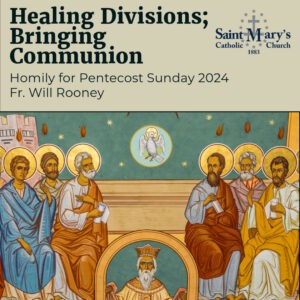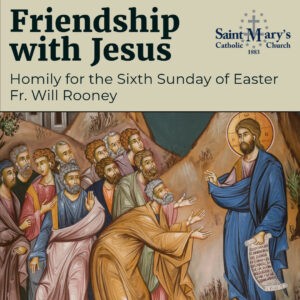One of the guiding principles of the early church in formulating her doctrine was the phrase, “the law of prayer [is] the law of believing.” In that time, the Church Fathers, plagued as they were with heresies no less than we are and faced with formidable intellectual rhetoricians as opponents in debating such crucial doctrine concerning the Trinity, Christ, and Mary, in many cases pointed to the historical tradition of the liturgical prayers of the faithful as indicative of the true faith. What we pray should be what we believe, since in praying we come in contact with the Lord who is the Truth. As the Church has grown through the centuries, we can see such a principle in play in the development of the liturgy by which the people of God participate in the one sacrifice of Christ. A rich theology underpins the liturgy that we celebrate daily across the globe.
Of course, the inverse of this principle is also true; what we believe should inform and guide our prayer. Thus, what we pray in the liturgy is true, but it is not merely intellectual, rather it surpasses the capacity of the rational intellect of man to grasp completely. In the Liturgy, we are led by the Holy Spirit to participate in something that is much beyond our natural capacity. Bound in one communion by our common Baptism, we offer condignly fitting praise to the Father, through the action of the Holy Spirit. Thus, the authentic liturgical prayer of the faithful, “the Praying Church,” is an authentic source of theological truth, and indeed all other theology must flow from it and return to it as it is the “fount and apex of the whole Christian life”. Roughly speaking, we can and should learn much from the Liturgy of the Church.
Since we can learn much from what we pray day in and day out in our Liturgy it would be profitable for us to reflect more profoundly upon the prayers of each day. We should especially do this over the season of Advent which marks the end of one liturgical year, and the beginning of the next. To that end, over the Sundays of Advent in the bulletins you will find brief reflections on the Collects of the four Sundays of Advent which are rich in theological content.





